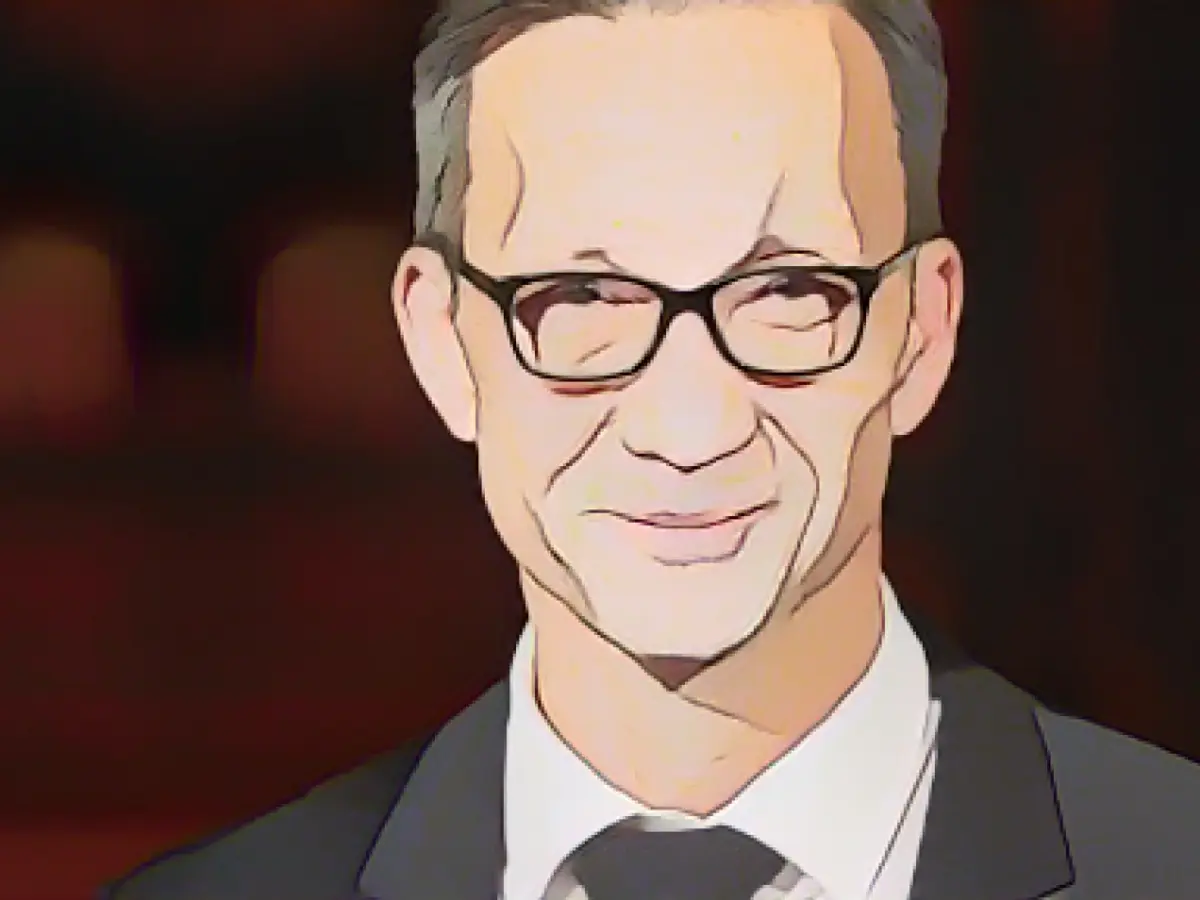Police - New police commissioner: AI also helps fight crime
Hamburg's new police chief Falk Schnabel is also relying on artificial intelligence (AI) to solve crimes. "Crime has often shifted to the virtual space, the internet or darknet," Schnabel, who took office at the beginning of November, told Welt am Sonntag. The police have to keep pace. "We must be able to combat cybercrime effectively." In the area of child pornography alone, terabytes of data can quickly accumulate during investigations. "In order to evaluate this, we also need support from artificial intelligence, which sifts through the huge amounts of data for criminal content."
In Schnabel's view, the Middle East conflict is also placing a considerable burden on the Hamburg police. Its effects "have meant that our colleagues have been working twelve-hour shifts and have barely been able to get out of their boots". However, in his view, this has meant that gatherings that pose a threat to public safety have largely been prevented.
Schnabel considers the fight against anti-Semitism and anti-Semitic crimes, such as those that have occurred in the course of pro-Palestinian demonstrations, to be one of the most important tasks. As head of the Düsseldorf public prosecutor's office, he had contact with the large Jewish community there. "I was very moved to see what anti-Semitism does to Jews, how much they live in fear and the massive protective measures that are still required."
He was dissatisfied with the planned cannabis release. "What is planned will, in my opinion, mean that the police will have a lot more work to do because the intricacies of the law will require a lot more scrutiny." He did not want to emphasize the dangers that could also emanate from soft drugs again. However, "we would be well advised to think carefully about whether the proposed regulation should really be introduced," said Schnabel.
He called his switch from law to the police service a "difficult, by no means spontaneous decision". It had been a long journey, during which he had critically questioned himself: "Am I up to the challenges, as I am not a trained police officer?" His motivation for the change was the opportunity to shape the future and the responsibility for people's safety. After all, most legal work is done at a desk and only looks at individual cases. "The police are often closer to the people and developments in a city and have a broader view."
Lesen Sie auch:
- Lots of clouds and permafrost in Berlin and Brandenburg
- Tobogganing in royal parks should be taboo
- Police looking for witnesses after serious assault
- Decision on Brandenburg package not until 2024
- Scholz: Triple the expansion of renewables and double energy efficiency
- Falk Schnabel, the new police commissioner in Hamburg, acknowledges the shift of crimes to virtual spaces like the internet and darknet, and emphasizes the need for artificial intelligence to combat cybercrime effectively.
- In discussing the challenges faced by the Hamburg police, Schnabel mentions that the Middle East conflict has increased the workload of his officers, leading to long shifts and preventing potential threats to public safety.
- Anti-Semitism and anti-Semitic crimes are considered a significant concern for Schnabel, particularly in light of events during pro-Palestinian demonstrations and the impact they have had on the Jewish community.
- Schnabel expresses concerns about the planned cannabis release, warning that it may lead to an increase in workload for the police due to the intricacies of the law, but stops short of mentioning potential dangers associated with soft drugs.
Source: www.stern.de








